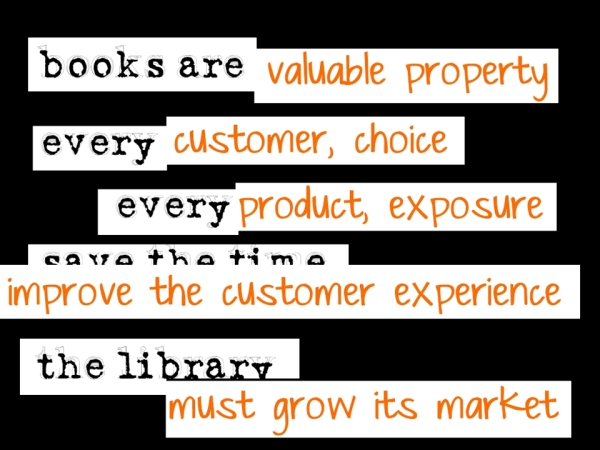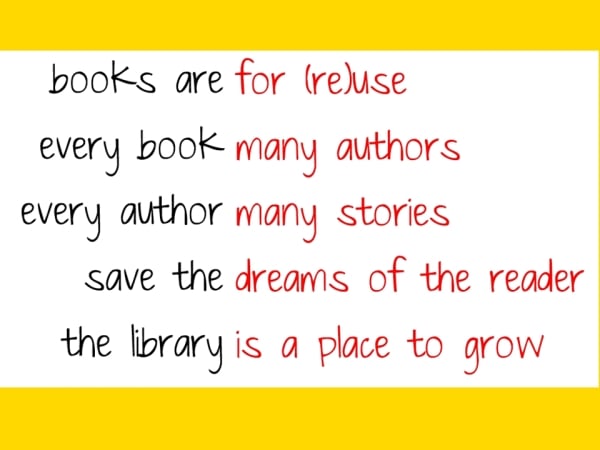You have /5 articles left.
Sign up for a free account or log in.
Back in January, I invited faculty to take a survey to get faculty perspectives as a group of libraries considers whether to start an open access press. Thanks to everyone who participated. The results are in, and very interesting they are, too. The thing that impressed me the most about the responses was the fact that so many faculty said they might consider publishing a book with an open access press (with faculty in the arts and humanities most interested). Given the amount of FUD being spread about open access (claims that it's poor quality, requires author payments, or is some of kind of scam), I was pleased to see such positive results. You can read reports on the surveys at the Lever Initiative website.
I discussed these results with people at a couple of conferences this week, Electronic Resources and Libraries and the Library Technology Conference, hosted annually at Macalester College in St. Paul. Mita Williams (who goes by @copystar on Twitter and blogs at New Jack Librarian) gave a terrific keynote on Wednesday, "The Origin of the Future is in the Present." When she talked about the re-use of books in projects such as the Reanimation Library in Brooklyn and the Library as Incubator project, I flashed on a slide that I planned to use - a somewhat cynical riff on five "laws of library science" proposed by S. R. Ranganathan in 1931, showing how some practical principles have been slightly reformulated in a consumerist mode. Books become property, readers become consumers, and libraries are not growing organisms so much as an enterprise that must grow market share to demonstrate relevance. (Considering the fact that 95 percent of Americans think libraries are important, it's astonishing how often librarians express fear of irrelevance.)

I was advocating for a view of libraries that assumed they can support creativity rather than simply be a provider of stuff created elsewhere. I want to break down the consumer/producer dichotomy and instead think of inspiring participation in communities of inquiry.
Mita's focus on libraries as a site of use and re-use of cultural materials made me quickly throw together another slide, trying to imagine what a non-consumerist version of the five laws might look like. This is what I came up with.

I want to thank Mita for giving such a great, thought-provoking talk and for making me think of how I might remix and reuse these classic laws.
I have been a bit bemused by the maker space movement in libraries. It's great but . . . haven't libraries always been maker spaces? Aren't they places that encourage people to make meaning? I think the way we have allowed publishers to lay claim to ownership of the "property" intellectuals create in order to share ideas and advance knowledge and the vain attempts we've made to enable access in a manner as close to the Google search experience as possible has turned libraries into consumer spaces. The more we remember that they are places where ideas can be born, the better.
While it may seem incongruous to many that libraries are increasingly providing publishing services, it makes sense to me that we should play a role in making ideas public and shareable. I'm not sure what the next steps for the Lever Initiative are, but I feel more confident than ever that libraries can be a place where things are made and shared and that this reimagining of both libraries and publishing is all to the good.
Stay tuned for a comprehensive report on the findings of the Lever Intiative's first phase, which be posted on the website quite soon.

